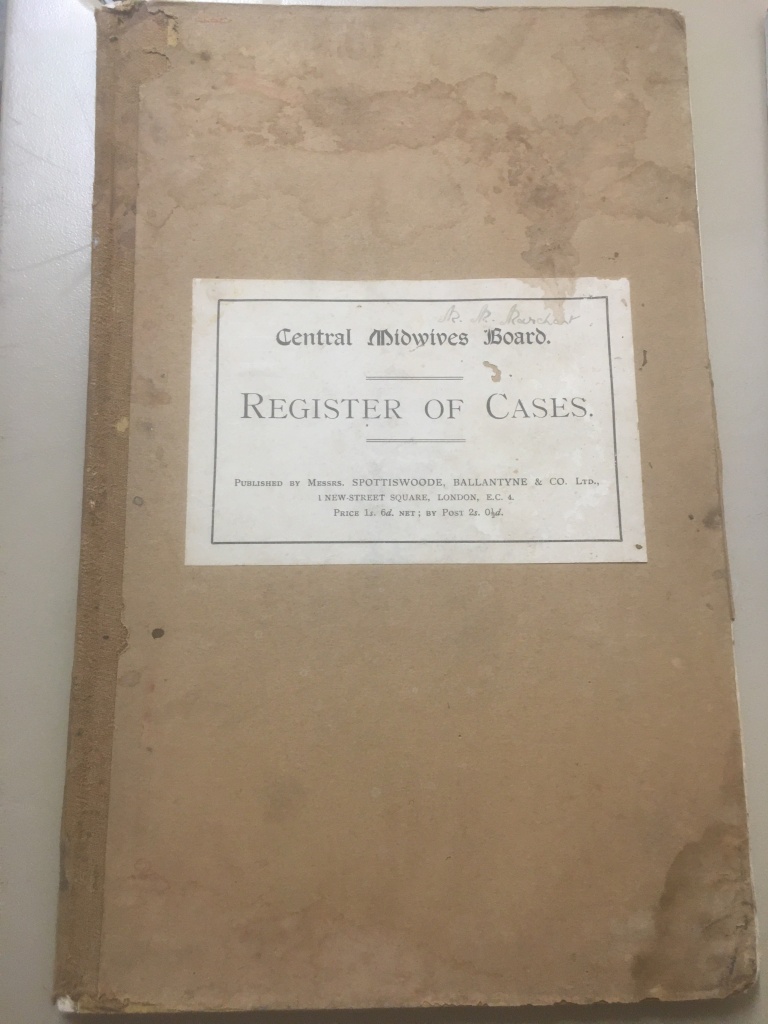Amongst the records placed onto the online catalogue in the last quarter was a long-distance traveller, all the way from Australia! A register of cases at the Cotswold Maternity Hospital for the years 1937-1945, it emigrated post-War with one of the former midwives. Recently her daughter contacted the Archives (through Gloucestershire Family History Society) offering to return the register. We are very grateful to her for this initiative, and for offering to pay a fair sum in postage.


